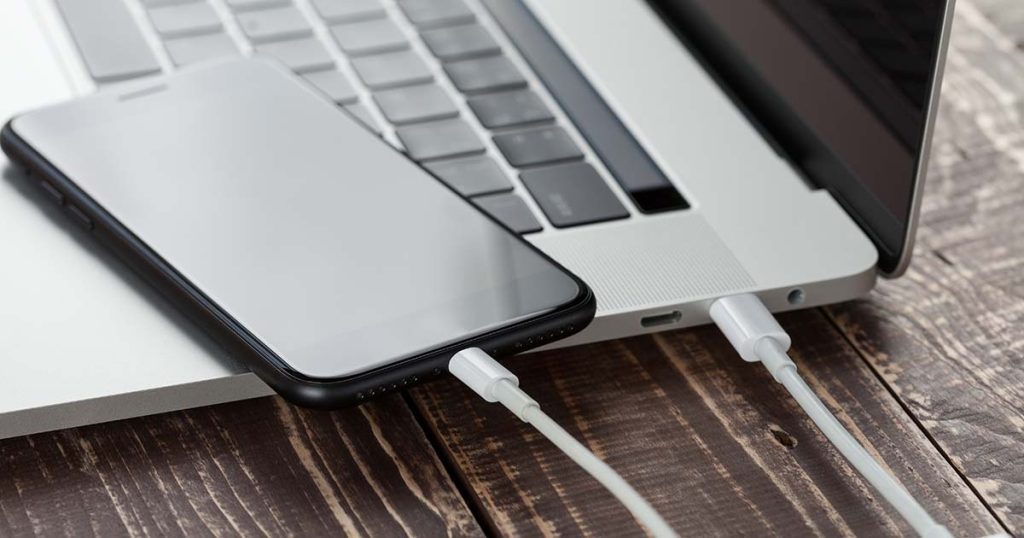
Public Comments Sought for Community Development’s Draft 2025 Plans
The Community Development Advisory Committee is hosting two public hearings on Thursday, June 5, at 6 p.m. in the Basement Training Room of Bryan City Hall.

Bryan Fire Department has teamed up with the National Fire Protection Association® (NFPA®) to raise awareness about the risks associated with lithium-ion batteries and ways to minimize them.
NFPA’s new campaign “Charge into Fire Safety™” provides resources in response to the growing number of fires caused by lithium-ion batteries that power devices like e-bikes and e-scooters, cell phones, laptops, electric vehicles, etc. Think of anything that needs to be recharged. As the use of these items has increased, so has the number of fires associated with them.
Lithium-ion battery fires happen for a variety of reasons, such as physical damage (e.g., the battery is penetrated, crushed, or exposed to water), electrical damage (e.g., overcharging or using charging equipment not designed for the battery), exposure to extreme temperatures, and product defects. Heat, smoke, the release of toxic gases, and the potential for explosions are the dangers associated with lithium-ion battery fires.
To ensure safe use, follow these tips:
Learn more about the campaign and safety information, visit nfpa.org/LithiumIonSafety.